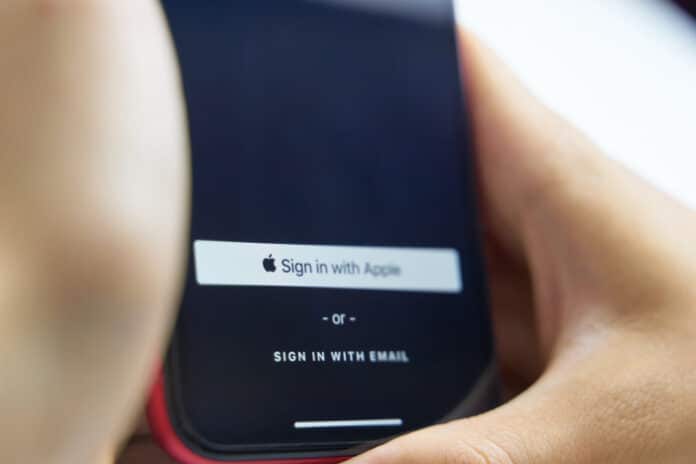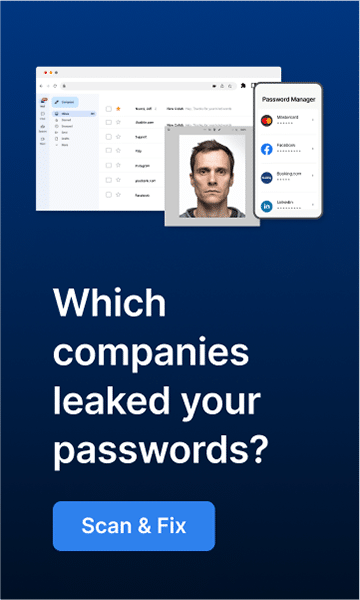iCloud security has been a hot topic lately. With all of the recent celebrity photo hacks, people are more concerned than ever about their data security. While iCloud is generally a very secure platform, you can still do some things to protect yourself from phishing scams and other malicious attacks. This blog post will discuss iCloud security issues and how to avoid them. We will also provide tips on how to keep your data safe online.
What is iCloud, and how does it work?
Apple’s iCloud is a cloud-based storage service that allows you to store data such as photos, videos, music, and documents in the sky. iCloud also includes features like email, contacts, and calendars. Users can access their information from any device with an Internet connection.
What are some of the security issues with iCloud?
One of the most severe security risks associated with iCloud is that attackers might access your account if they know your username and password. Hackers can then see or download your data. Another worry is that third-party applications that use your iCloud account may be hacked. This implies hackers could get access to your photographs if you use a program that stores data in iCloud, such as a photo-sharing app.
How can you avoid iCloud security issues?
There are some things you can do to protect yourself from iCloud security issues:
Strong password for your iCloud account
If you’re looking for a unique password to use on the DMS and don’t want to remember it, check out our list of over 1,000 high-quality passwords. Choose something simple and memorable.
Enable two-factor authentication for your iCloud account
This will add an extra layer of security by requiring you to enter a code sent to your phone or another device in addition to your password when you sign in to your iCloud account.
Only download apps from trusted sources
Only download apps from the App Store or other trusted sources. Be wary of downloading apps from third-party websites, as these could contain malware that will infect your device.
Keep your software up to date
Ensure you have the latest iOS and all other software installed on your devices. Apple regularly releases updates that contain security fixes. Keeping your software updated can help protect yourself from known security vulnerabilities.
These are just a few things you can do to protect yourself from iCloud security issues. Taking these precautions can help keep your data safe and secure.
What to do if you think your iCloud account has been hacked
If you believe that your iCloud account has been compromised, there are a few things you should do:
Change your password immediately
If you think your password has been compromised, change it as soon as possible. Choose a strong password that is at least eight characters long and contains a mix of letters, numbers, and symbols. Never use the same password for multiple accounts. If one of your accounts is hacked, the hacker will access all your other accounts.
Review your account activity
Check the recent activity section of your iCloud account to see any suspicious activities. Your account may have been hacked if you see anything you do not recognize.
Change the passwords for other accounts
If you use the same password for multiple accounts, change the passwords for all of those accounts. Hackers often try using stolen passwords on other websites to access those accounts.
What are some of the most common phishing scams?
Phishing is a form of internet fraud in which fake emails or text messages come from a natural source to get people to reveal personal information, such as passwords and credit card numbers. The communications are frequently followed by web links to fraudulent websites that seem genuine.
Some of the most common phishing scams include:
Fake invoices
You may receive an email that appears to be from a company you do business with, such as your ISP or cell phone provider. The email will contain an invoice for services that you did not purchase. The link in the email will take you to a fake website where you will be asked to enter your personal and financial information.
Fake contest notifications
You may receive an email or text notification that you have won a contest. The message will ask you to click on a link or open an attachment to claim your prize. The link or attachment will contain malware that will infect your device.
These are just a few of the most common phishing scams. Be wary of any email or text message that asks you to click on a link or open an attachment, even if it appears to be from a legitimate source. If unsure about the message’s legitimacy, contact the company to confirm before clicking on any links or opening any attachments.

